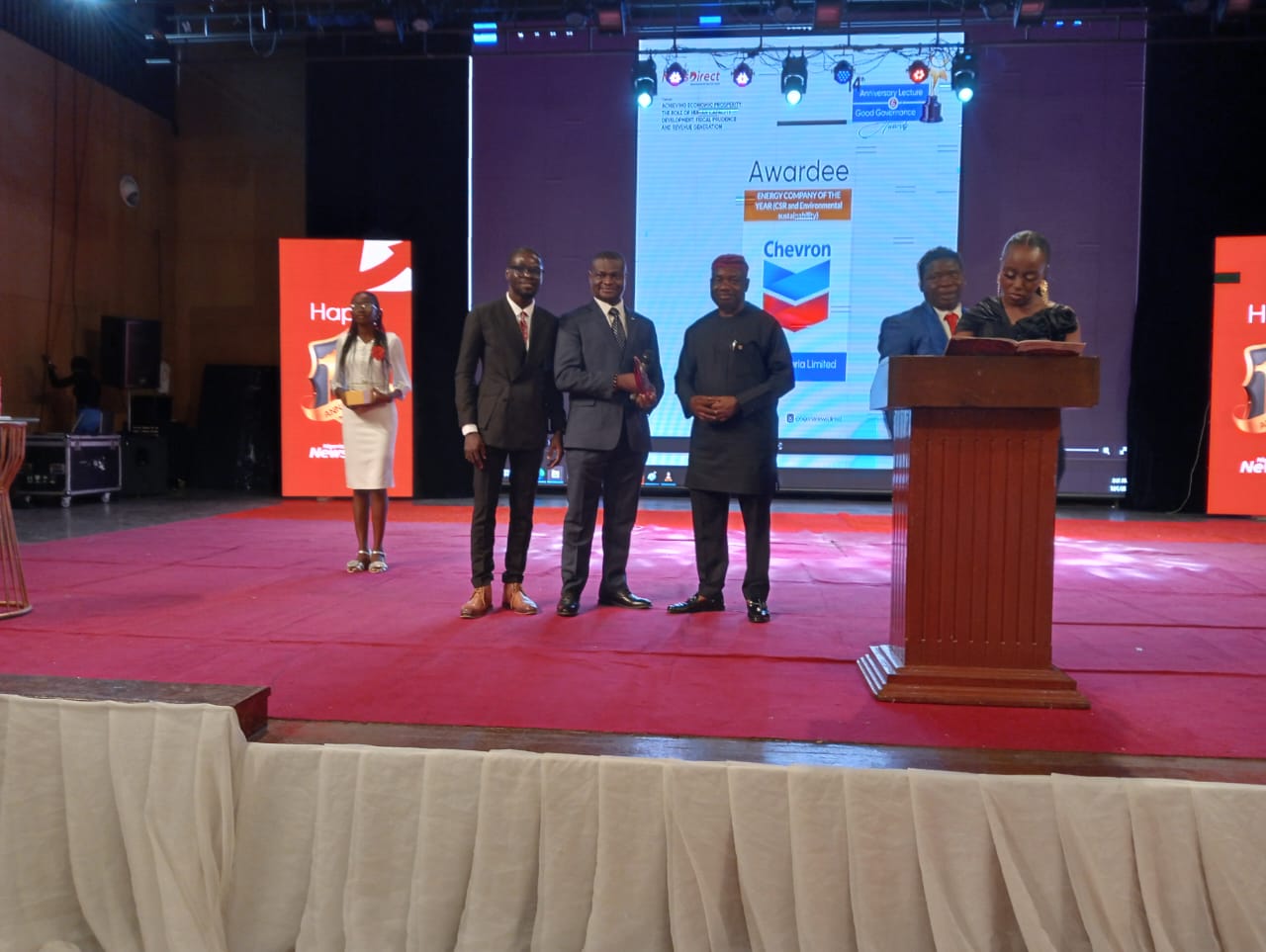Energy
$900bn Needed to Fix Energy Sector – President Jonathan

…FG sets up power intervention funds with N300bn as seed capital
… Local banks’ commitment to power sector hits N750bn
ABUJA – President Goodluck Jonathan Monday said Nigeria would need about $900 billion to properly address its energy sector in the next 30 years.
Jonathan, who was represented by Vice-President Namadi Sambo at the Nigeria power financing conference in Abuja, added that the largest chunk of the funds would have to come from the private sector.
According to him, in the power sector alone, $10 billion is needed for generation and distribution to add 5,000 megawatts to the national grid.
He reiterated his confidence in the ability of the global community of private and institutional financiers to meet up with its request for improved investment in Nigeria’s infrastructure expansion.
The president explained that the federal government had long realised its challenges to sustainably fund critical national infrastructure projects, hence its continued discussion with the private sector to address the situation.
Jonathan also disclosed that the government had set up an intervention fund to further support the growth of the power sector with about N300 billion initial deposit.
He however stated that the total size of the fund, which would be contributed in partnership with Development Financial Institutions (DFIs), was being worked on.
President Jonathan expressed his conviction in the ability of private and institutional financiers to extensively participate in the next phase of Nigeria’s power sector reform programme, with investments in gas-to-power initiatives, renewable energy sources as well as on-grid electricity generation, transmission and distribution projects.
“Under our national integrated national infrastructure master plan, we need a total of $2.9 trillion for our infrastructure development efforts in the next 30 years. The energy sector alone needs an infusion of about $900 billion during the period.
“Of this, a significant percentage is expected to come from the private sector. The power sector alone needs about $10 billion for CAPEX (capital expenditure) of generation and distribution companies in the next few years to enable us add additional 5,000 megawatts.
“Similarly, our transmission network continues to attract serious attention. The transmission grid requires an annual investment of about $1.5 billion for the next five years to ensure its reliability and stability. The Transmission Company of Nigeria (TCN) has commenced the aggressive implementation of the expansion blueprint funded by a mix of appropriation and funds from financial and multilateral institutions,” he explained.
The president further said: “It is the belief of this government that the private sector is suitable to effectively manage and attract the huge capital required for constant and affordable power to all Nigerians.
“This confidence on the Nigerian private sector stems from a track record of resilience, vibrancy, foresight and courage. In virtually all sectors of our national economy, this great show of enterprise, creativity and patriotism by our business community has kept our national economy strong, versatile and forward looking.
“When we started our divestment programme in the power sector and their foreign partners, there was a lot of pessimism. However, it was the dynamism of the Nigerian private sector that ensured the raising of over $2.5 billion that ensured the successful conclusion of the process.
“It is on this account that this government has continued to work with the private sector as the drivers of economic growth and national development. Beyond the incentives amply stated, we will continue to fine tune and improve the enabling environment for economic activity and social development.”
On the new contributory intervention funding, Jonathan said: “It is obvious that government alone cannot fund the infrastructural deficit in Nigeria, especially given the trend in the global economy.
“This conference therefore comes at an appropriate time given the opportunities in Nigeria. Nigeria has become an obvious destination of priority for Foreign Direct Investment (FDI).
“To enable industry players have access to cheap, long term funds, government is hereby setting up a ‘Power Sector Intervention Fund’. The financial resources for this special fund will be pooled from the federal government, Development Financial Institutions (DFIs) as well as local and global financial partners.
“The Coordinating Minister of Economy will give details of the operational structure of the bond. But, it will essentially provide avoidable refinancing and unending services to the sector. On its part, the federal government will make initial deposit of N300 billion and I call on all participants to join hand towards the success of this endeavour.”
Meanwhile, the Managing Director of Diamond Bank Plc, Dr Alex Otti, said as at December 2013, Nigerian banks had committed a total of N750 billion to support the power sector reforms.
Otti, who spoke on behalf of other local participating financial institutions in the Nigerian Electricity Supply Industry (NESI), reiterated that the banks would improve on their financial support to the sector for as long as the government is committed to transparent processes in the sector.
– THIS DAY
Energy
Dangote Partnership: MRS Urges Nigerians To Insist On N935/Litre Petrol Price Nationwide

MRS Oil Nigeria Plc, a prominent player in the Nigerian downstream oil industry, has implemented a new petrol price of N935 per litre across all its retail service stations nationwide.
The company has also called on Nigerians to monitor and report any outlets that fail to adhere to the new price structure.
Biztellers reports that this is consequent upon an announcement by the President of Dangote Industries Limited, Aliko Dangote, that the Dangote Petroleum Refinery has partnered with MRS Oil and Gas to offer petrol at N935 per litre at retail outlets, following a reduction in the ex-depot price from N970 to N899.50 per litre.
ALSO READ: Dangote Slashes PMS Price To N899.50k
It was gathered that MRS Oil Nigeria Plc has instructed all its outlets to implement the new price immediately, setting up a digital platform and monitoring team to ensure full compliance.
In a statement on Monday night, the company declared, “Petrol is now being sold at N935 at MRS Filling Stations nationwide. If you find any station not following this price, please report it. Call 08009447853 or email: NG-FMKPMGWHISTLEBLOWING@NG.KPMG.COM”
Emphasising the eco-friendly nature of its products, MRS Oil added, “We call on all petrol station owners to join MRS Oil Nigeria Plc in improving the supply chain of our beloved country, ensuring product quality and availability in every corner of Nigeria for the benefit of all Nigerians.”
In Lagos, commuters were seen queuing at MRS filling stations to purchase petrol, with many expressing their gratitude to the Dangote Petroleum Refinery and MRS Oil and Gas, urging other marketers to support the indigenous refinery rather than import off-spec products into the country.
A commuter at the MRS station at Alapere on the Lagos Ibadan Express way, Ibukun Phillips, could not hide her joy as her husband filled up their car.
“I am very happy today. This is a victory for Nigeria,” she said. “The price reduction is the best gift of the season. But beyond just the reduction, we are buying standard, eco-friendly petrol at a lower rate. My husband and I have decided we will only be using MRS from now on because we are confident in the quality of the product and supporting the economy.”
A commercial bus driver, Adio Ajibade described the price reduction as a great relief, especially during the festive season.
“The reduction is a great relief. It will reduce transportation costs and benefit Nigerians. God will continue to bless Alhaji Aliko Dangote,” he said.
A public affairs analyst and university lecturer, Dr. Tunde Akanni, said the collaboration between Dangote Petroleum Refinery and MRS Oil represents a significant step towards improving the affordability, quality, and sustainability of petroleum products in Nigeria.
According to Dr. Akanni, “this move will not only help ease the financial burden on Nigerians but also promote a more environmentally conscious approach to fuel consumption, benefitting both the economy and public health in the long term.”
Energy
FDI: Shell To Invest Billions Of Dollars On Nigeria’s Bonga North Oil Field

As a direct implication of the Federal Government’s Foreign Direct Investment drive, the Royal Dutch Shell has completed the final investment decision on the deep offshore Bonga North project in Nigeria.
Biztellers reports that the Bonga North will be a subsea tie-back to the Shell-operated Bonga Floating Production Storage and Offloading (FPSO) facility which Shell operates with a 55% interest.
Shell’s Integrated Gas and Upstream Director, Zoë Yujnovich, said, “This is another significant investment, which will help us to maintain stable liquids production from our advantaged Upstream portfolio”.
ALSO READ: OGUNCCIMA Commends Dangote Refinery’s Impact
It was gathered that the Bonga North project involves drilling, completing, and starting up 16 wells (8 production and 8 water injection wells), modifications to the existing Bonga Main FPSO and the installation of new subsea hardware tied back to the FPSO.
The company is optimistic that the project will sustain oil and gas production at the Bonga facility.
The Bonga North currently has an estimated recoverable resource volume of more than 300 million barrels of oil equivalent (boe) and will reach a peak production of 110,000 barrels of oil a day, with first oil anticipated by the end of the decade.
In addition, the Bonga North will help ensure Shell’s leading Integrated Gas and Upstream business continues to drive cash generation into the next decade.
Energy
Chevron Nigeria Bags ‘Energy Company Of The Year For Environmental Sustainability And CSR

Chevron Nigeria Limited (CNL), has received an award as “Energy company of the year (2024)” for its Environmental Sustainability and Corporate Responsibility accomplishments.
The award presented by the Nigerian News Direct newspaper, on Friday December 6, 2024, and was received by Manager Communications, Chevron Nigeria and Mid-Africa Business Unit, Victor Anyaegbudike, at a colourful event at the Grand Ballroom of the Oriental Hotel, Lagos.
ALSO READ: Stakeholders Hail NCDMB As Local Content Level Hits 56%
The organizers of the award noted that Chevron has implemented the “Protecting People and the Environment” policy, which aims at preventing injuries, illnesses, and environmental incidents. They also referenced that the company has achieved 97% gas flaring reduction in its operations in Nigeria, while implementing waste management and environmental conservation programs.
According to the media organization, Chevron Nigeria has also invested millions of dollars in community development programs, supporting education, health and economic development initiatives that have benefited thousands of people, while ensuring diversity, inclusion, and employee engagement in its business operations.
Receiving the award from the Lagos State Commissioner for Information and Strategy, Gbenga Omotosho, Anyaegbudike thanked the organizers for the honour, and reiterated Chevron’s commitment to continue to develop, affordable, reliable and ever-cleaner energy that enables human progress around the world.















